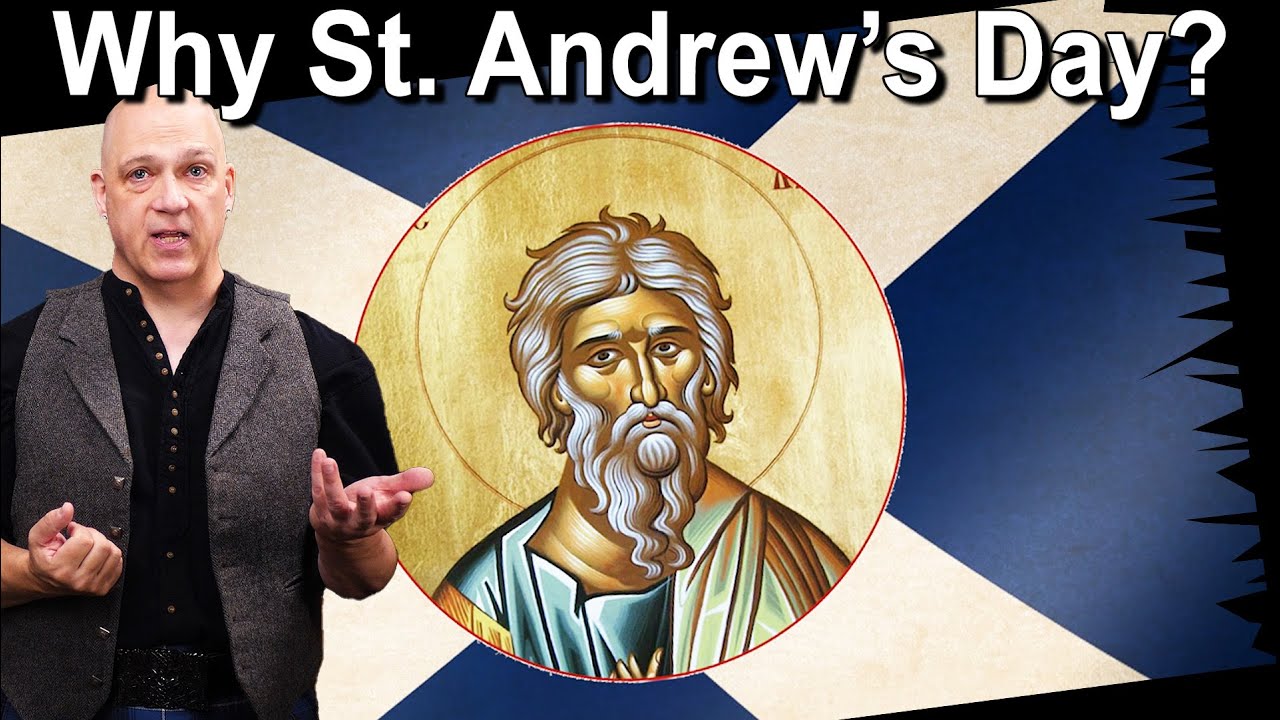Understanding the Self - St. Augustine (Soul and Communion with God) - UTS Philosophical Perspective
Summary
TLDRSt. Augustine's theological perspective on life after death is rooted in dualism, emphasizing the separation and unity of body and soul. He views the soul as the true essence of a person, capable of immortality through communion with God. Augustine's concept of self-realization is achieved via virtues like prudence, justice, courage, and temperance, which guide moral actions and reflect God's love. These virtues, when practiced, align the soul with divine will, potentially leading to eternal life.
Takeaways
- 🌟 Saint Augustine viewed life in the physical world as temporary, with the soul returning to the creator after death.
- 🧠 He grounded his concept of self on dualism, suggesting a separation between the body and the soul.
- 🚶♂️ The soul, according to Augustine, is the true person and is immortal if in communion with the divine.
- 💡 Augustine proposed that the human mind is an image of God, with the capacity to become wise through remembering, knowing, and loving God.
- 🔍 He emphasized the self's dual character as both imperfect and immortal, with the potential for immortality through a relationship with God.
- 🌱 Virtue, for Augustine, is an inner disposition that allows us to act out of genuine love, defined as 'ordered love'.
- 📚 The four cardinal virtues—prudence, justice, courage, and temperance—are manifestations of God's love.
- 🤔 Prudence is the virtue of discerning what helps or hinders us in our pursuit of God, guiding moral decisions.
- ⚖️ Justice, as defined by Augustine, is love serving God and ruling well over all else, with obedience to God taking precedence over state authority.
- 💪 Courage is needed to overcome fears and irrational desires, balancing fear and confidence.
- 🏡 Temperance is the virtue that helps control appetites, emotions, and material desires through self-control.
Q & A
What is Saint Augustine's perspective on the relationship between the body and the soul?
-Saint Augustine viewed the soul as a rider on the body, emphasizing the distinction between the tangible body and the immaterial soul. He believed that the soul represents the true person and cannot be imagined without its body.
How does Saint Augustine define the concept of self?
-Saint Augustine's concept of self is defined by his relationship to God, which includes his perception of God's love and his response to it, achieved through self-presentation and self-realization.
What does Saint Augustine believe about the immortality of the soul?
-Saint Augustine believes that the soul can be immortal if it is in communion with the divine. He suggests that through a relationship with a Christian God, the soul can achieve immortality.
According to Saint Augustine, how does one obtain inner calm?
-Saint Augustine felt that finding God's love was the only way to obtain inner calm. He proposed that the human mind, being an image of God, has the capacity to become wise by remembering, knowing, and loving God.
What is Saint Augustine's definition of virtue?
-Saint Augustine's briefest definition of virtue is 'ordered love'. He viewed virtue as an inner disposition or motivational habit that allows us to act out of genuine love.
What are the four cardinal virtues according to Saint Augustine?
-The four cardinal virtues according to Saint Augustine are prudence, justice, courage, and temperance. He saw these as manifestations of God's love.
How does Saint Augustine describe prudence?
-Prudence, for Saint Augustine, is love that discerns what helps and what hinders us in our pursuit of God. It is the first virtue considered when making a moral decision, guiding actions with the aid of moral principles.
What is Saint Augustine's view on justice?
-Saint Augustine views justice as love serving God only and ruling well over all else. He adds that citizens have a duty to obey their political leaders, but when obedience to state authority conflicts with obedience to God, citizens must choose to obey God.
How does Saint Augustine define courage?
-Courage, according to Saint Augustine, is the virtue that helps us overcome our fears and irrational desires to conquer them. It is necessary to face distressing circumstances without excessive fear or recklessness.
What does temperance mean in the context of Saint Augustine's teachings?
-Temperance, in Saint Augustine's teachings, is a Christian virtue that balances the use of created goods by reducing attraction. It involves self-control over appetites, emotions, and material desires.
What does Saint Augustine suggest about the role of the soul in relation to the body and its pursuit of immortality?
-Saint Augustine suggests that the soul cannot exist without the physical body, and to achieve the immortality of the soul, one must maintain virtue through communion with God while on earth.
Outlines

This section is available to paid users only. Please upgrade to access this part.
Upgrade NowMindmap

This section is available to paid users only. Please upgrade to access this part.
Upgrade NowKeywords

This section is available to paid users only. Please upgrade to access this part.
Upgrade NowHighlights

This section is available to paid users only. Please upgrade to access this part.
Upgrade NowTranscripts

This section is available to paid users only. Please upgrade to access this part.
Upgrade NowBrowse More Related Video

10 rzeczy, które musisz wiedzieć o IVE

Try THIS Instead of Google Translate

Saint Andrew's Day - Who Was St. Andrew And Why Do Scots Celebrate His Day?

07 - Filosofia Cristã

Danmark på hæld - Slavehandel på Dansk Vestindien i 250 ÅR!

The Catholic Church - Builder of Civilization, Episode 5: The University System

A CRUZ QUE FALA - Série: Símbolos Franciscanos (2/5)
5.0 / 5 (0 votes)